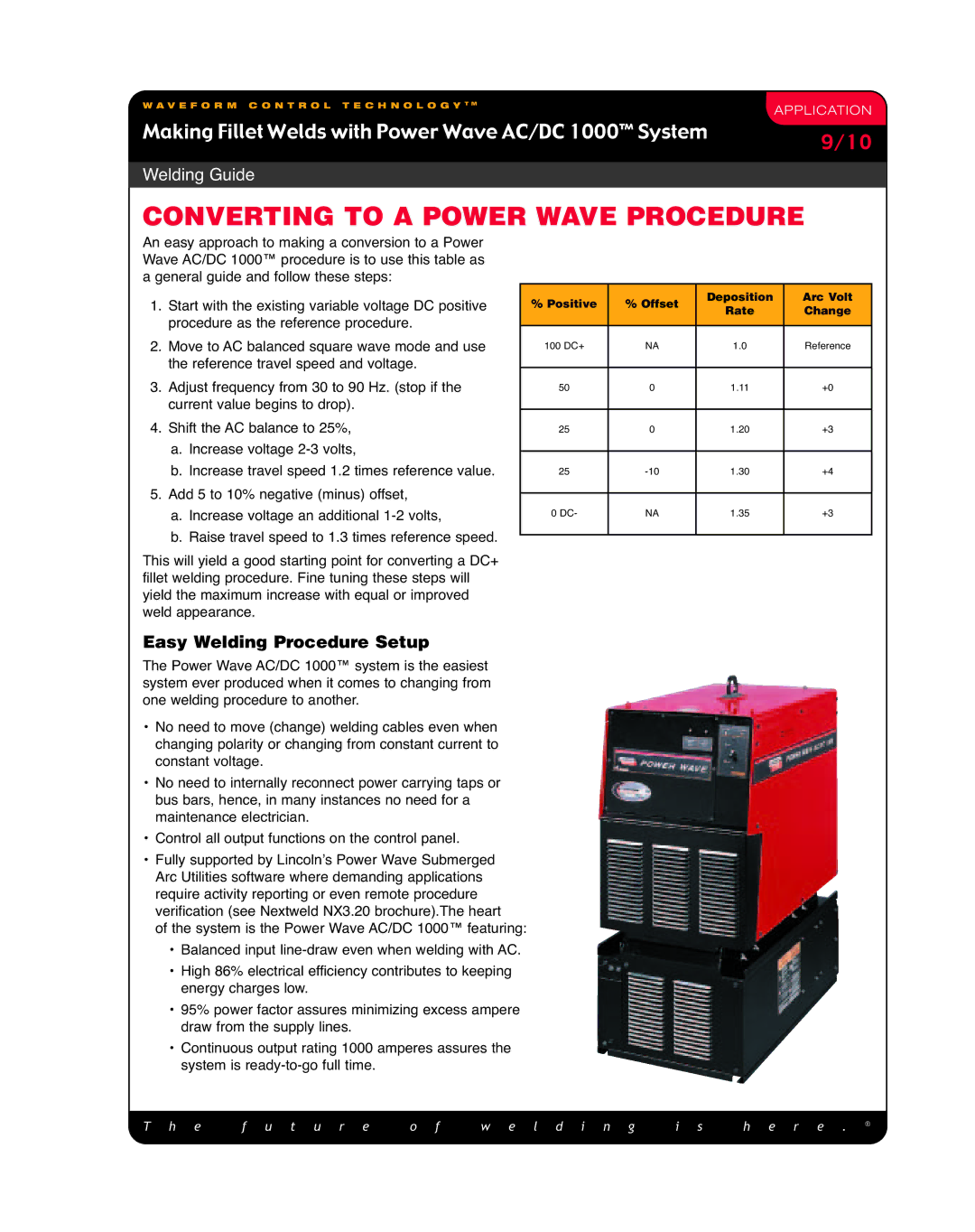Making Fillet Welds specifications
Lincoln Electric, a global leader in the welding industry, has been at the forefront of developing innovative solutions for producing high-quality fillet welds. Fillet welds, which are commonly used to join two surfaces at an angle, are critical in various applications ranging from construction to manufacturing. Lincoln Electric’s commitment to quality and efficiency is evident in its advanced technologies, products, and dedicated approach to customer satisfaction.One of the main features of Lincoln Electric's approach to fillet welding is its range of welding machines designed for different applications. The company offers an array of MIG, TIG, and Stick welding equipment that ensure optimal performance and versatility for any project. From portable welding machines for on-site work to industrial-grade systems for large-scale operations, Lincoln Electric provides solutions that cater to every welding requirement.
Incorporating cutting-edge technologies, Lincoln Electric emphasizes the importance of automation in improving the consistency and quality of fillet welds. Their robotic welding systems are engineered to enhance precision and reduce labor costs while maximizing productivity. These automated systems utilize advanced programming and real-time monitoring, ensuring that every weld meets industry standards.
Another critical aspect of Lincoln Electric's innovation is its emphasis on welding consumables. The company produces a variety of filler metals, including flux-cored wires and solid wires, designed specifically for fillet weld applications. These consumables are formulated to provide excellent penetration, strength, and corrosion resistance, ensuring that the final product can withstand rigorous conditions.
Moreover, Lincoln Electric places a strong focus on training and education. The company offers comprehensive welding training programs that cover all aspects of fillet welding, from fundamental techniques to advanced practices. This commitment to enhancing the skillset of welders ensures that teams can execute high-quality work effectively and efficiently.
Lincoln Electric's dedication to research and development guarantees that they remain at the forefront of welding technology. By continually exploring new materials, techniques, and processes, they guarantee that their solutions not only meet but exceed customer expectations.
In summary, Lincoln Electric excels in the production of fillet welds through advanced welding equipment, automated solutions, high-quality consumables, and robust training programs. Their unwavering commitment to innovation makes them a trusted partner in the welding industry, enabling customers to achieve superior results in their projects. Whether in construction, manufacturing, or any other sector, Lincoln Electric continues to shape the future of welding with its state-of-the-art solutions.

